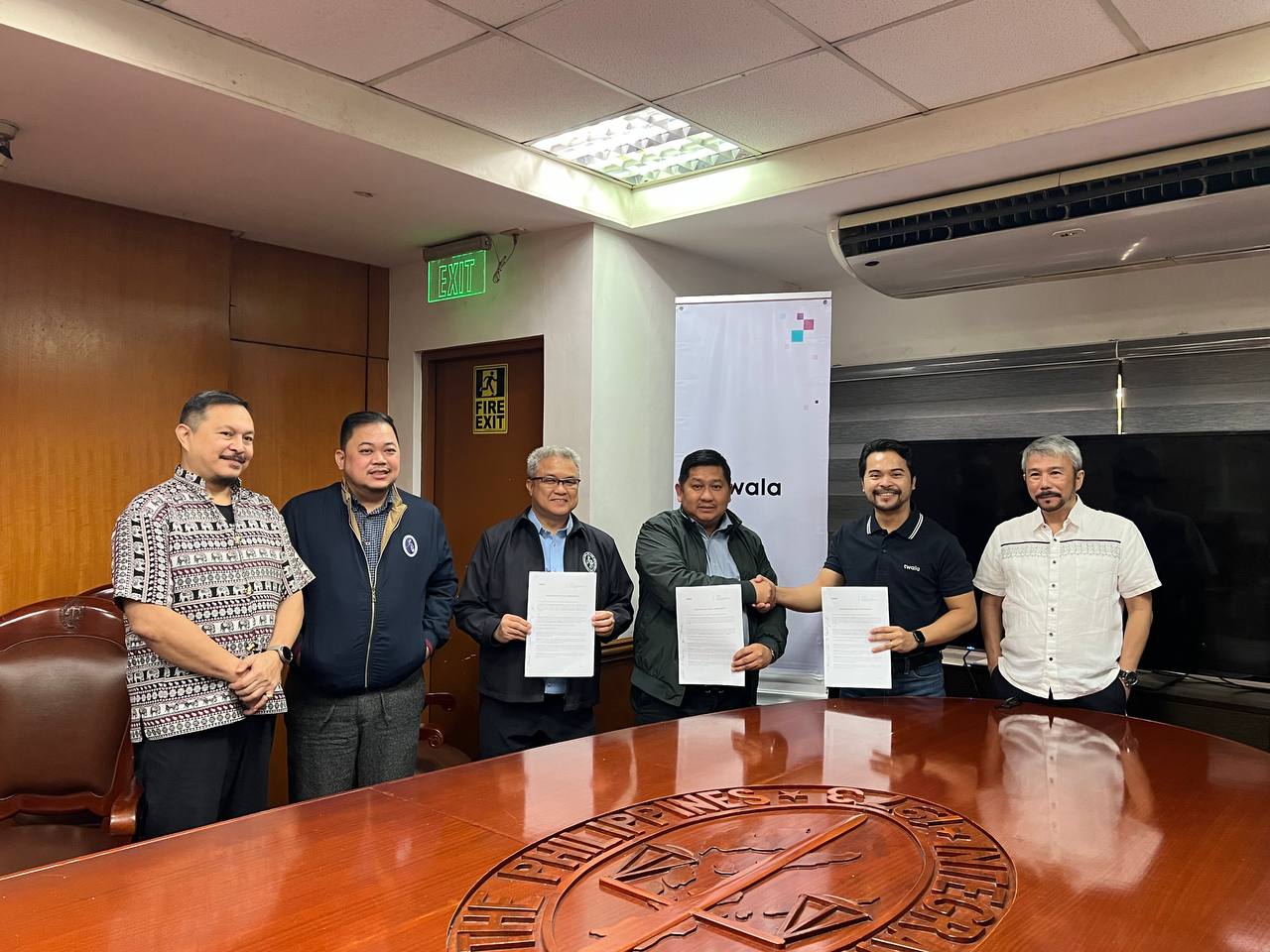August 10, 2023, marked a major milestone for the Philippine judiciary as the Supreme Court approved guidelines for the electronic submission of pleadings in lower courts. This move aims to reduce docket congestion and speed up court processes. (A.M. No. 10-3-7-SC/A.M. No. 11-9-4-SC)
Supreme Court’s New Guidelines on Electronic Submissions
The Supreme Court has approved new guidelines for the electronic submission of pleadings, which took effect last April 5, 2024. This initiative, part of the Court's Strategic Plan for Judicial Innovations (2022-2027), aims to reduce court congestion and expedite legal processes by shifting to digital filings. The Guidelines are designed to:
- Allow the primary filing of pleadings and accompanying documents in PDF format via electronic transmittal to court email addresses.
- Simplify the filing process in civil cases for courts such as the Court of Appeals, Sandiganbayan, Court of Tax Appeals, and other lower courts.
- Reduce the need for paper-based submissions, supporting the Supreme Court’s efforts toward digitizing the judiciary.
This transition will significantly modernize the judicial process, but it also raises important questions about security and authenticity in digital submissions. Legal professionals need to prepare for the digital transformation of court processes. While digital signatures are not explicitly mentioned in the guidelines, they can still play a significant role in ensuring secure and efficient submissions. Here’s why incorporating digital signatures can benefit lawyers, litigants, and court staff:
Why Should Legal Professionals Consider Using Digital Signatures?
- Ensuring authenticity and integrity of documents: In legal practice, maintaining the authenticity of legal documents is crucial. Digital signatures verify the signer's identity and prevent document alterations, ensuring that electronic pleadings remain intact. This aligns with the Rules on Electronic Evidence (A.M. No. 01-7-01-SC), which require documents to be genuine and unaltered for them to be admissible in court. While not mandated by the Supreme Court guidelines, using digital signatures proactively supports compliance with these rules, protecting both you and your client from disputes.
- Boosting security for sensitive submissions: Electronically submitted legal documents, especially confidential ones, require strong security. Although not required by the new guidelines, Republic Act No. 8792 (Electronic Commerce Act) legally recognizes digital signatures, making them a secure option. Using digital signatures adds an extra layer of protection, helping prevent tampering or unauthorized access to your submissions.
- Streamlining the filing process: Although the guidelines focus on submitting PDFs via email, digital signatures simplify the process even further by allowing you to sign documents remotely and submit them without the need for physical filings. This can help you meet court deadlines more efficiently and avoid the delays that physical submissions often entail.
- Supporting Court Efficiency: Digital signatures streamline document verification, reducing manual checks and delays. While not required by the guidelines, they help courts operate more efficiently and support the move toward a faster, more digital judicial system.
Conclusion
While digital signatures offer significant benefits for securing and verifying court submissions, the Supreme Court has not yet mandated their use in the new guidelines. This is largely due to the absence of established rules for e-notarization in the Philippines. Since many court documents, such as pleadings and affidavits, still need to be verified and completed before a notary public, a fully digital system is not yet possible.
The lack of comprehensive regulations for e-notarization means that paper-based signing processes are still necessary for pleadings to be accepted in court. Once the rules for e-notarization are developed and implemented, digital signatures could play a more central role in legal submissions, further streamlining the judicial process.
Notwithstanding this, for all other documents that need not be notarized, the law and various administrative issuances provide that digitally signed documents are functionally equivalent and thus have the same legal effect as paper-signed documents. For more information, see white paper here: Legal White Paper
References:
Supreme Court Approves Guidelines on Electronic Submission of Pleadings in Lower Courts
Guidelines on Submission of Electronic Copies of Pleadings and other Court Submissions being Filed before the Lower Courts Pursuant to the Efficient Use of Paper Rule
Republic Act No. 8792 (Electronic Commerce Act of 2000)
https://lawphil.net/statutes/repacts/ra2000/ra_8792_2000.html
Rules on Electronic Evidence
https://lawphil.net/courts/supreme/am/am_01-7-01_sc_2001.html
Supreme Court’s Strategic Plan for Judicial Innovations (2022-2027)
https://sc.judiciary.gov.ph/aiovg_videos/strategic-plan-for-judicial-innovations-2022-2027-spji-avp/




.png)

.png)